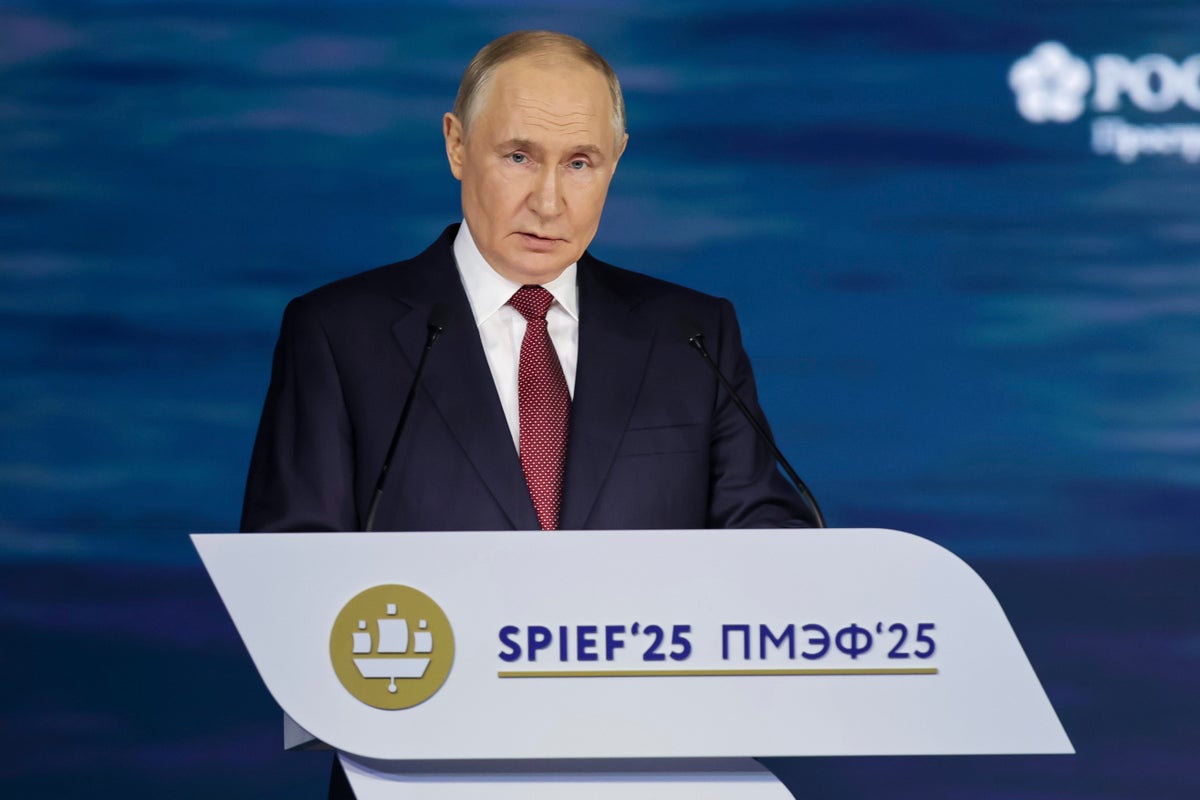The iconic helium-powered balloon that attracted myriads of tourists during the Paris Olympic Games is making a comeback to light up the French capital’s skyline
PARIS -- A year after it captivated crowds during the Paris Olympics, a centerpiece of the summer Games is making a comeback.
The iconic helium-powered balloon that attracted myriads of tourists during the summer Games has shed its Olympic branding and is now just called the “Paris Cauldron.” It is set to rise again into the air later Saturday, lifting off over the Tuileries Garden.
Around 30,000 people are expected to attend the launch, which coincides with France’s annual street music festival — the Fete de la Musique, the Paris police prefecture said.
And it won't be a one-time event. After Saturday's flight, the balloon will lift off into the sky each summer evening from June 21 to Sept. 14, for the next three years.
The cauldron’s ascent may become a new rhythm of the Parisian summer, with special flights planned for Bastille Day on July 14 and the anniversary of the 2024 opening ceremony on July 26.
Gone is the official “Olympic” branding — forbidden under IOC reuse rules — but the spectacle remains.
The 30-meter (98-foot) -tall floating ring, dreamed up by French designer Mathieu Lehanneur and powered by French energy company EDF, simulates flame without fire: LED lights, mist jets and high-pressure fans create a luminous halo that hovers above the city at dusk, visible from rooftops across the capital.
Though it stole the show in 2024, the cauldron was only meant to be temporary, not engineered for multi-year outdoor exposure.
To transform it into a summer staple, engineers reinforced it. The aluminum ring and tether points were rebuilt with tougher components to handle rain, sun and temperature changes over several seasons. Though it’s a hot-air-balloon-style, the lift comes solely from helium — no flame, no burner, just gas and engineering.
The structure first dazzled during the Olympics. Over just 40 days, it drew more than 200,000 visitors, according to officials.
Now anchored in the center of the drained Tuileries pond, the cauldron’s return is part of French President Emmanuel Macron’s effort to preserve the Games’ spirit in the city, as Paris looks ahead to the 2028 Olympics in Los Angeles.

 2 hours ago
3
2 hours ago
3









